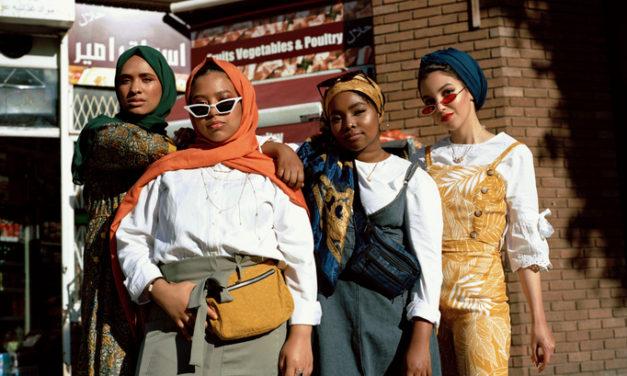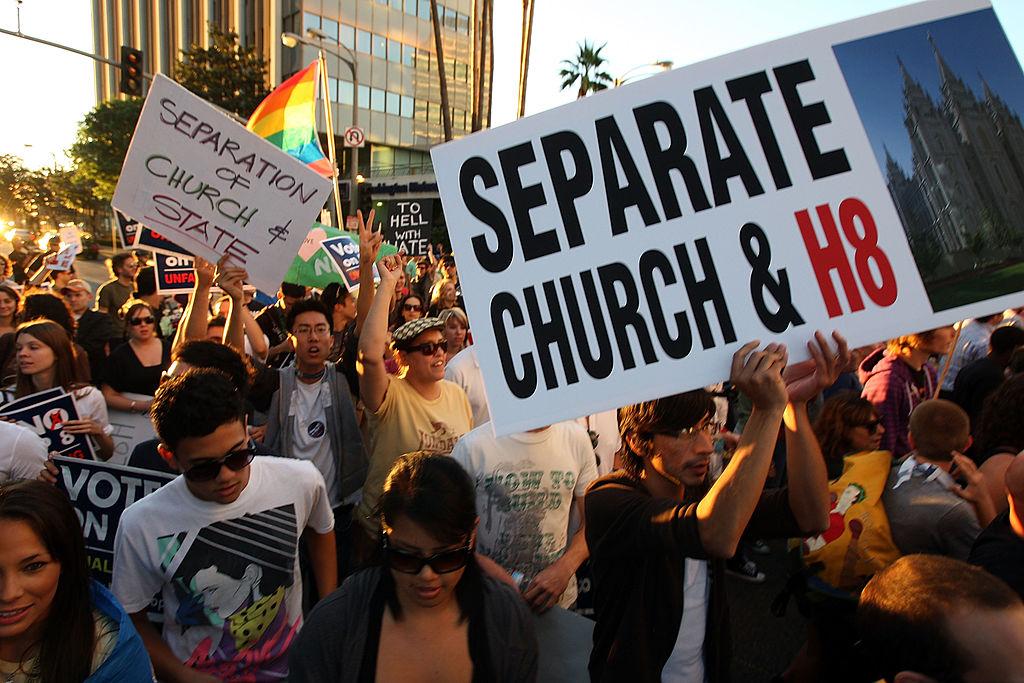Unpacking the Conversations that Matter: Moving Beyond the Veil of Privilege
“It’s so easy to be seduced by one’s own subordinated group identities.” These were words shared with me by a mentor and senior practitioner in this work. He was referring to social group identity and the ways in which our experiences and hyper-awareness around our non-dominant/subordinated group identities could influence our capacity to fully own and understand the power or privilege we have as a result of our dominant group memberships.
Read More


























